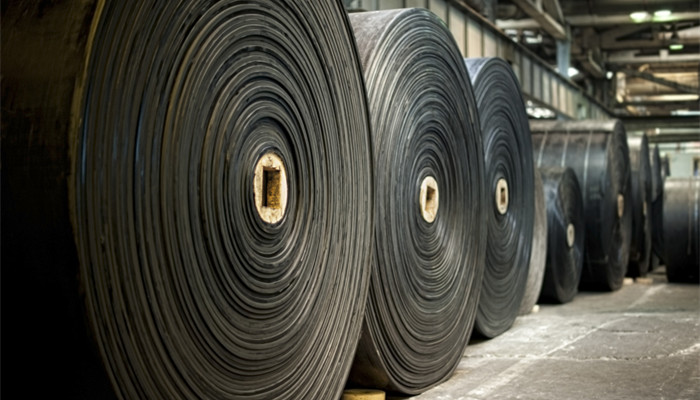
The industrialization process of bio-based elastomers is accelerating, and bio-based TPEE is its representative product
Elastomer refers to a polymer material that deforms significantly under weak stress and can quickly return to its original state and size after stress relaxation. Bio-based elastomers refer to elastomers obtained from biological resources through fermentation, synthesis, and processing. Bio-based elastomers have the advantages of excellent electrical insulation, environmental protection, easy processing, high elasticity, strong tear resistance, and high tensile strength. They are widely used in electronic and electrical, medical, automobile manufacturing, sealing materials, shoe materials and other fields.
According to the “2023-2028 China Bio-based Elastomer Industry Market In-depth Research and Development Prospects Forecast Report released by the Industrial Research Center , Bio-based elastomers usually use biomass as the main raw material, including corn, cereals, cassava, bamboo flour, straw, palm oil, wheat, etc. my country is a large agricultural country with rich types of crops and a huge planting area. The output of agricultural waste has maintained a steady growth trend for a long time. Taking straw as an example, my country’s straw production will reach 920 million tons in 2022, a year-on-year increase of 8.4%. Using straw as raw material to produce bio-based elastomers can effectively improve the comprehensive utilization rate of straw and further reduce the production cost of bio-based elastomers.
There are various types of bio-based elastomers, and bio-based thermoplastic elastomers are representative products, including bio-based thermoplastic polyamide elastomer (TPAE), bio-based thermoplastic polyester elastomer (TPEE), and bio-based thermoplastic polyurethane elastomer (TPU), etc. . my country’s bio-based TPEE industry research started early. In 2008, the Elastomer Center of Beijing University of Chemical Technology successfully prepared this product using melt polycondensation method. After years of experience accumulation, my country’s bio-based TPEE production process has gradually matured, and the product has now been commercialized.
In February 2023, the “Preparation and Large-Scale Application of Bio-based Elastomers” project of the “14th Five-Year Plan” national key research and development plan was officially launched. The project was jointly participated by nine companies including Linglong Tire. It is expected that in the future, driven by positive factors such as national policy support and the continuous in-depth research of local enterprises, the industrialization process of bio-based elastomers in my country will further accelerate.
The global bio-based elastomer market is mainly concentrated in European and American countries. Representative companies include BASF, Evonik, Covestro, and Dow Chemical of the United States. In recent years, attracted by market prospects, my country’s bio-based elastomer industry has developed rapidly. Representative companies include Wanhua Chemical, Meirui New Materials, etc.
Industry analysts said that driven by the national “double carbon” goal, bio-based elastomers, as green and environmentally friendly polymer materials, Market penetration continues to increase. Bio-based elastomers have excellent performance and a wide range of applications. As the industry prosperity increases, the number of market participants will continue to grow in the future. Overall, there is huge room for development in my country’s bio-based elastomer industry.

 微信扫一扫打赏
微信扫一扫打赏

